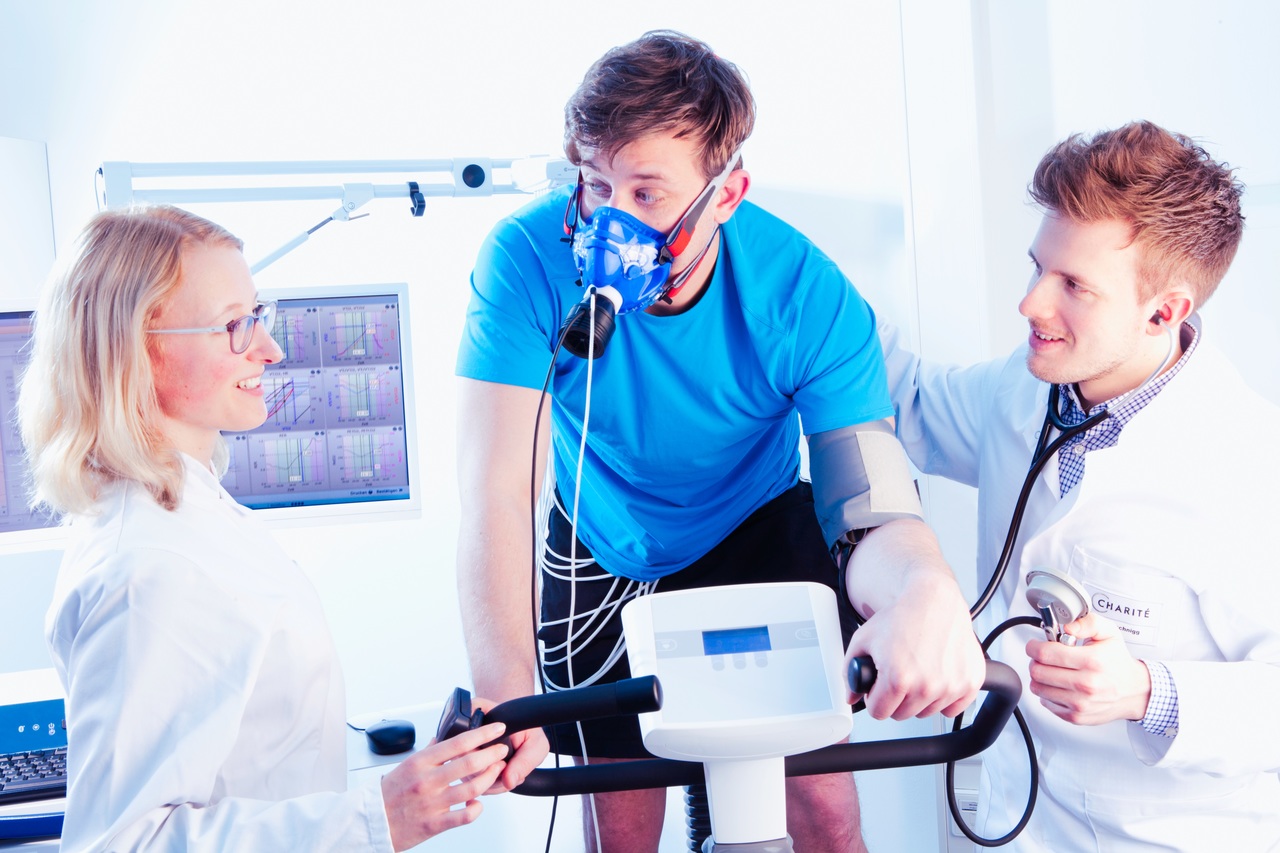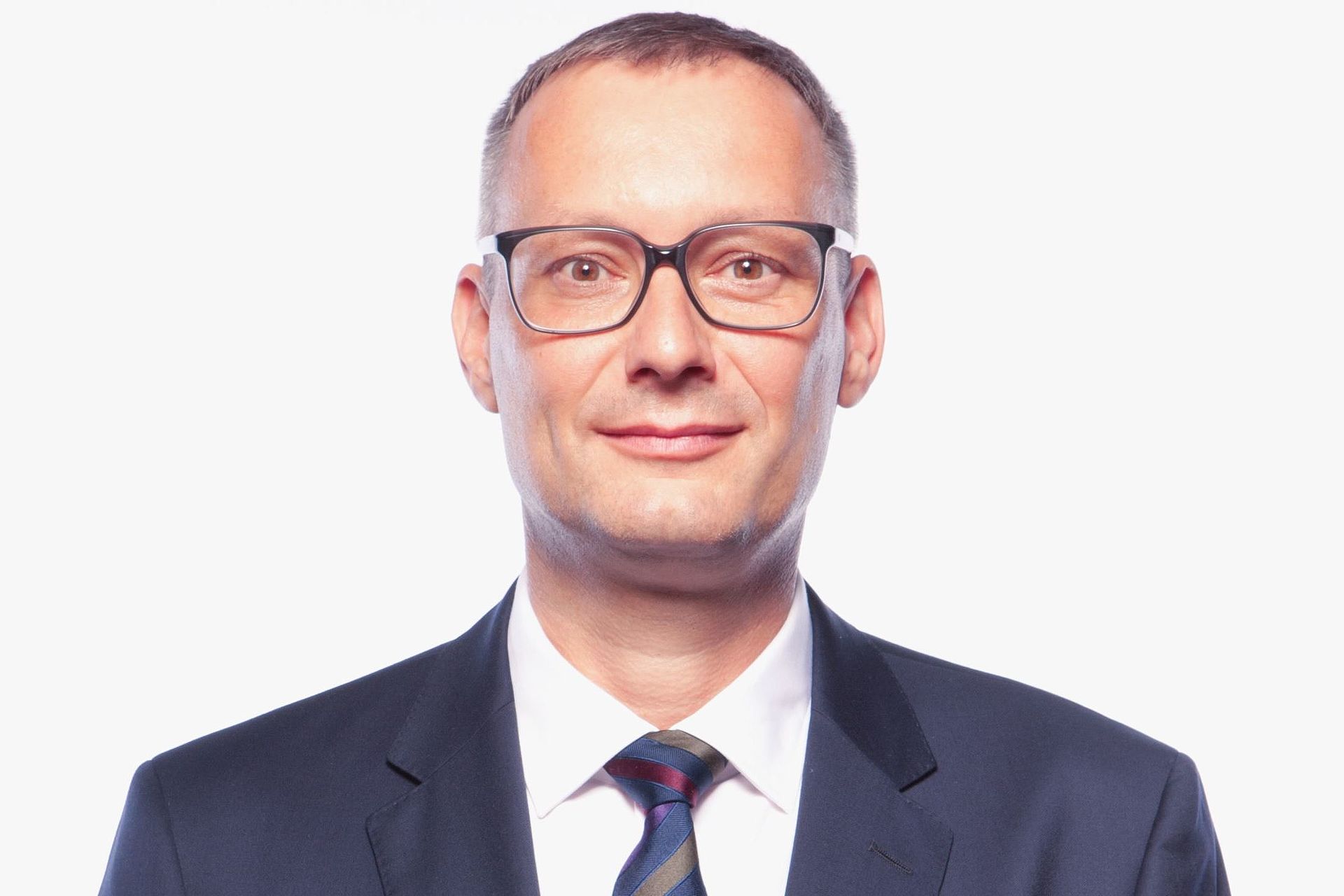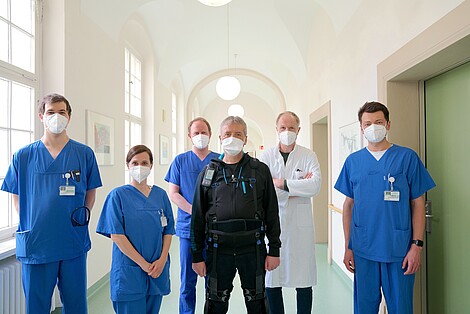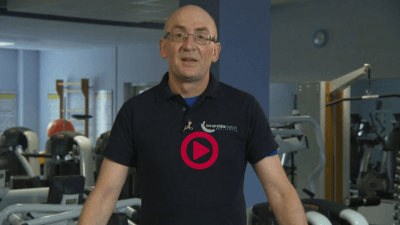Evidence-based therapies have significantly improved survival in chronic heart failure. As a result, more and more patients are reaching an advanced stage of heart failure. The implantation of a left ventricular assist device (LVAD) may be the only treatment option for end-stage heart failure if a donor heart is not available in time or if transplantation is not possible for other reasons. The complex mechanical devices are life-saving, but they also have drawbacks. For example, patients with an LVAD are forced to further restrict their activities and must take certain precautions to minimize the risk of injury or infection. Although patients improve symptomatically in the first three months after surgery, their condition generally stabilizes at a low level. 30 to 40 percent of patients also experience depressive symptoms.
The Ex-VAD-DZHK11 study sponsored by the German Center for Cardiovascular Research (DZHK), is the world's first multicenter, prospective, randomized, controlled trial to show that heart failure patients with LVADs benefit from exercise training.
The corresponding publication to the study got elected Paper of the Month October 2023.
"Both the quality of life and the submaximal exercise capacity, which is closest to everyday exercise, improved significantly in the study participants after 12 weeks of exercise training," said Prof. Frank Edelmann from the German Heart Center (DHZC) at the Charité, one of the study's principal investigators. "This is a very important result for patients with end-stage heart failure who are no longer treatable and are waiting for a new heart. I would definitely recommend exercise training to them." Currently, there are no structured exercise programs for this group of patients; instead, doctors advise them not to overexert themselves and to be cautious.
Safe and feasible
A total of 64 patients, most of them men (97 percent), took part in the study. They exercised three times a week for three months. The exercise program consisted of pre-defined aerobic and resistance exercises, plus free exercises to improve flexibility, balance and coordination. The exercise group's maximal exercise capacity, a parameter often used in sports cardiology studies, also improved slightly, but not significantly.
A Data Safety Monitoring Board evaluated the potential risks of the exercise. The members did not observe any abnormalities in the exercising study group; on the contrary, the exercise program proved to be very safe.
"Even though the available data suggest that patients could exercise on their own, these highly complex patients should exercise in a setting where a physician is present, such as outpatient rehabilitation," says Edelmann. "That way, a physician can be contacted quickly if questions or problems arise."
Observe more patients for longer
Until now, guidelines have recommended only coordinated exercise training for patients with heart failure. However, based on the current results, the study authors expect that exercise training for heart failure patients with LVADs will be included in the guidelines. However, this does not mean that health insurance companies will cover the costs, as there is still a long way to go.
Larger studies are now planned that will follow patients over a longer period of time to confirm the results of the EX-VAD-DZHK11 study.
Study title: Exercise Training in Patients with Left Ventricular Assist Device Ex-VAD-DZHK11
Scientific contact: Prof. Frank Edelmann, Charité – Universitätsmedizin Berlin, Campus Virchow-Klinikum, frank.edelmann(at)dhzc-charite.de
Press contact: Christine Vollgraf, Press and Public Relations, German Center for Cardiovascular Research (DZHK), +49 30 3465 529 02, presse(at)dzhk.de






